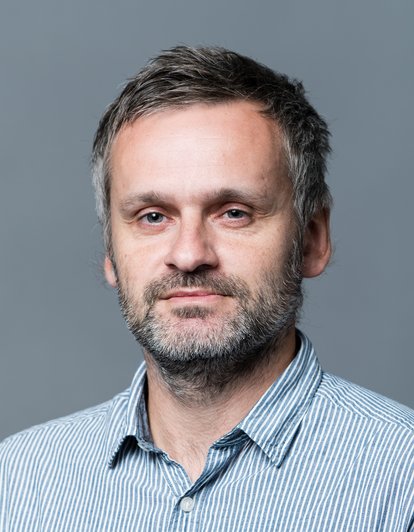Does the "emphasis on excellence in teaching" mean that teaching should be harsher and more exclusive? +
FIT is already a rather difficult school, and we don't feel the need to tighten up the difficulty. It will be quite sufficient if we keep the difficulty and the number of students as it is.
Our understanding of excellence in teaching is about excellence in the way we teach - i.e. high quality and motivated teachers, innovative course materials and content, appropriate forms of teaching using available technology, etc. We also need to strive for collegial and functional relationships and dialogue between academics and students. Communication regarding teaching requirements must be fair, predictable and timely. Students should be assured that their legitimate requests will be considered and adequately addressed. Academics should be confident that they teach in a high quality school where students are used to working hard and not taking 'shortcuts'. Students need to know what they must do to complete the course and the whole study programme and act according to that. There can and will be exceptions, but they should be exceptional (as you would expect from an exception 🙂 ).
We need to react to changes in our industry (which is one of the fastest developing ones) - indeed, it's not the right time to teach how to program in Fortran. Of course, riding the fashion waves and making hasty steps would be a mistake. But we need to conservatively and thoughtfully evaluate what the solid fundamentals and important advanced topics are, continuously innovate the structure of the study programmes, and, especially for compulsory and core courses, maintain a truly excellent quality of teaching. In the near future, for example, advances in generative artificial intelligence will need to be sensibly taken into account so that students are not distracted from what they need to learn but, on the other hand, can apply it where appropriate.
